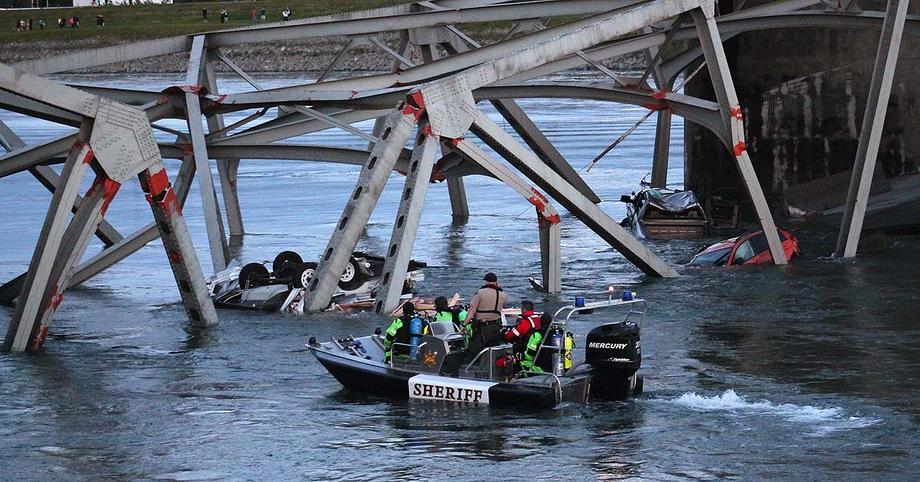Joseph's previous
post builds on this
thread from Mark Thoma. Each is worth reading but I think both understate the extraordinary asymmetry between the pro and con in the should-we-spend-on-infrastructure debate (distinct from the where-to-spend debate). Consider the following statements:
1. We need to repair and upgrade the country's infrastructure in the relatively near future (let's say a decade)
So far as I can tell, almost no one is willing to stand up and argue against this point, which is strange because, though I don't happen to agree with them, there are reasonable arguments to be made here and, once this point has been conceded, the remaining ground is extraordinarily difficult to defend.
2. The economy is not operating at full capacity
We've already stipulated that we need to build these things which means we've also agreed to tolerate at least some crowding out at some point in the future. You simply can't have one without the other; you can only seek to minimize the effect. A crowding-out argument for delaying pretty much has to assume that there will be more slack in the economy far enough in the future to make waiting worth it (but not so far to extend past our decade window). I've heard lots of people making crowding-out arguments but none making the necessary corollary. (even if you believe that crowding out is unaffected by economic conditions, you still don't have any argument for waiting)
3. Borrowing costs for the federal government are historically low.
As a general rule, repairs don't get cheaper the longer you put them off. This tends to put the burden of proof on those arguing for a delay. If we were living in a period of historically high borrowing costs, you could argue that rates were likely to head back down if we waited. There are reasonable cost-based arguments against infrastructure spending, but only in the spend/don't spend context, not spend now/spend later.
The infrastructure debate is another example of how the public discourse has entered a phase reminiscent of Carroll's Tortoise/Achilles tale, where showing the premise is true and showing the premise leads to a conclusion is not sufficient to make the other side accept that conclusion. Of course, it's not an exact analogy. Carroll was making a point about the limits of logical system. What we're seeing here is more probably a demonstration of people's willingness to ignore the rules of argument when those rules lead to an uncomfortable policy position.
